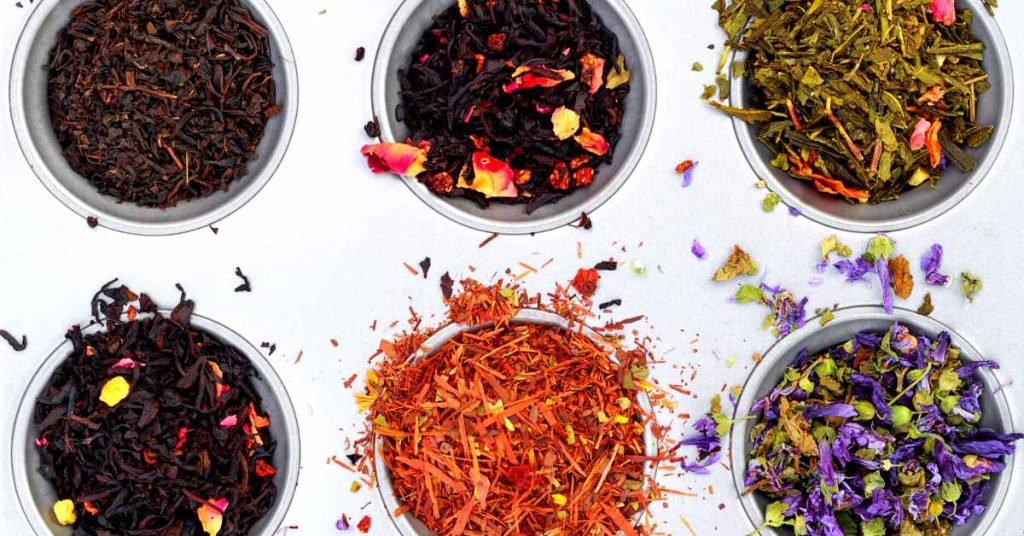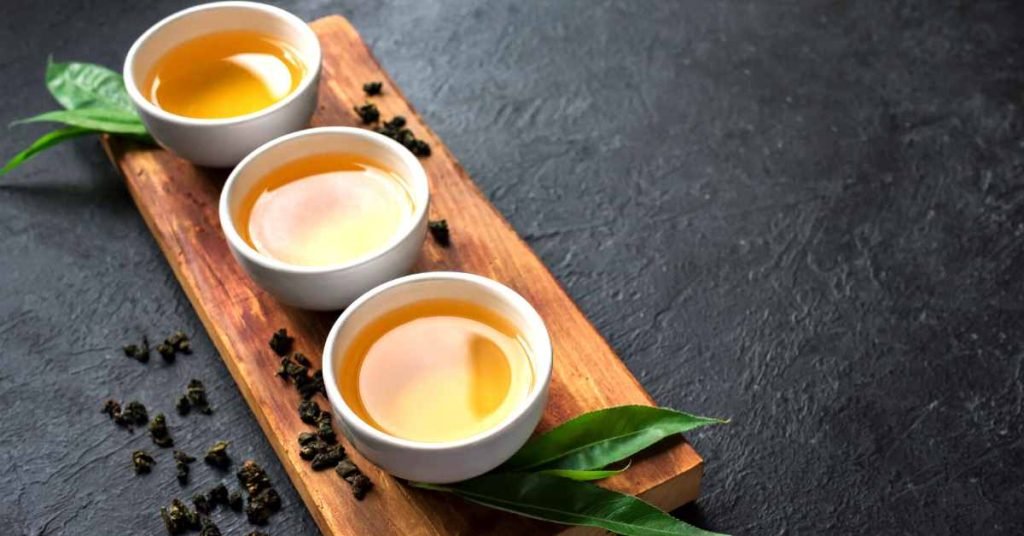While there is no definitive cure for Alzheimer’s disease, there is some evidence to suggest that certain types of tea can help prevent or slow the onset of the disease.
Green tea, in particular, has been studied for its potential health benefits, including its ability to protect the brain from damage and reduce the risk of Alzheimer’s disease.
The active ingredient in green tea that is believed to be responsible for these benefits is called epigallocatechin gallate (EGCG), which is a type of flavonoid that has been shown to have antioxidant and anti-inflammatory properties.
Other teas that may be beneficial for preventing Alzheimer’s include black tea, white tea, and oolong tea, all of which contain various types of flavonoids and other compounds that have been shown to have neuroprotective effects.

While drinking tea alone is unlikely to prevent or cure Alzheimer’s disease, incorporating tea into a healthy lifestyle that includes regular exercise, a balanced diet, and mental stimulation may help reduce the risk of developing the disease.
However, it’s always a good idea to talk to your doctor or a qualified healthcare professional for more information on how to reduce your risk of Alzheimer’s disease.
Which Properties of Tea Help Prevent Alzheimer’s?
Tea contains various compounds and properties that have been shown to have potential benefits for preventing or slowing the progression of Alzheimer’s disease. Here are some of the main properties of tea that may help prevent Alzheimer’s:
- Antioxidants: Tea contains powerful antioxidants called catechins and flavonoids, which can protect brain cells from damage caused by free radicals. Free radicals are unstable molecules that can damage cells and contribute to the development of diseases such as Alzheimer’s.
- Anti-inflammatory properties: Chronic inflammation is believed to be a contributing factor to Alzheimer’s disease. Tea contains compounds that have anti-inflammatory properties, which can help reduce inflammation in the brain and protect against Alzheimer’s.

- Neuroprotective properties: Some compounds in tea, such as epigallocatechin gallate (EGCG), have been shown to have neuroprotective properties. This means that they can protect brain cells from damage and promote healthy brain function.
- Caffeine: Tea also contains caffeine, which has been shown to have cognitive-enhancing effects. Studies have found that moderate caffeine intake may help protect against cognitive decline and reduce the risk of Alzheimer’s disease.
It’s important to note that while tea may have some potential benefits for preventing Alzheimer’s disease, more research is needed to fully understand the mechanisms involved and how much tea would need to be consumed to have a significant impact.
Additionally, lifestyle factors such as regular exercise, a balanced diet, and mental stimulation are also important for reducing the risk of Alzheimer’s disease.
How Many Cups of Green Tea per Day to Prevent Alzheimer’s?
While green tea has been studied for its potential benefits in preventing Alzheimer’s disease, there is no specific recommended amount of green tea that has been established to achieve this effect.

However, most studies suggest that consuming 3-4 cups of green tea per day may have beneficial effects on brain health.
It’s important to note that the amount of EGCG and other beneficial compounds in green tea can vary depending on factors such as the quality of the tea, how it’s brewed, and how long it’s steeped.
Additionally, excessive consumption of green tea can have potentially negative effects such as caffeine-related side effects and liver damage, so it’s important to consume green tea in moderation and talk to your doctor or a qualified healthcare professional before making any significant changes to your diet.
Overall, incorporating green tea into a healthy lifestyle that includes regular exercise, a balanced diet, and mental stimulation may help reduce the risk of Alzheimer’s disease, but it’s important to take a holistic approach to brain health and talk to a healthcare professional for personalized recommendations.
MEDICAL DISCLAIMER
Itsnevernotteatime.com cannot and does not contain medical/health advice. The medical/health information is provided for general and educational purposes only and is not a substitute for professional advice.




